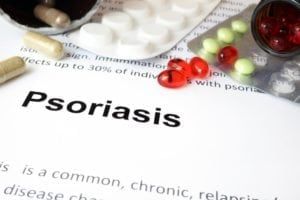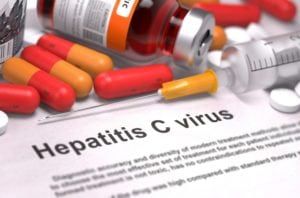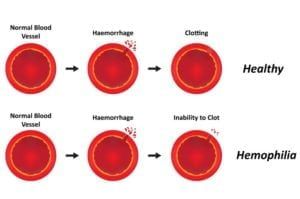The vocal cords are not just for speaking – they actually play an important role in breathing too. When a child breathes in air, it first passes through the vocal cords and then into the trachea and lungs. But a child with vocal cord dysfunction (VCD) will have difficulty breathing in due to tightened vocal cord muscles. This narrows the space for air to pass through, ultimately inhibiting a child’s respiration.
Did you know…
that vocal cord dysfunction is often confused with asthma? Many of the same things that trigger an asthma attack can also trigger VCD symptoms. Examples include lung irritants and exercise, as well as viral infections and acid reflux. Though both VCD and asthma produce breathing difficulties, a child with VCD will have more trouble breathing in rather than breathing out. To further complicate matters, vocal cord dysfunction may occur alone or in conjunction with asthma.
Frequently Asked Questions
How do I know if my child has vocal cord dysfunction?
A child with vocal cord dysfunction will experience difficulty with inhalation. He or she may cough and wheeze or complain of throat and chest tightness. Many children with vocal cord dysfunction will also become hoarse or experience other voice changes. Keep in mind that the symptoms of VCD are different for everyone and they may appear suddenly.
What will a pulmonologist do to diagnose VCD?
The process of diagnosing VCD requires an in-person examination, as well as certain tests, such as a spirometry test to measure a child’s air flow and a laryngoscopy that allows the doctor to peer into the vocal cords and visually examine them. It is important that doctors take these steps to get the right diagnosis, as confusing VCD with another condition like asthma could lead to unnecessary and ineffective treatments.
What are the treatments for vocal cord dysfunction?
There are treatments available to help manage the symptoms of VCD. Often, therapy involves many different medical professionals and therapists to ensure a child receives comprehensive care and learns how to manage VCD symptoms. A child may also find relief from symptoms by treating any underlying conditions, such as allergies, that may complicate VCD.











































































































































































































































































































